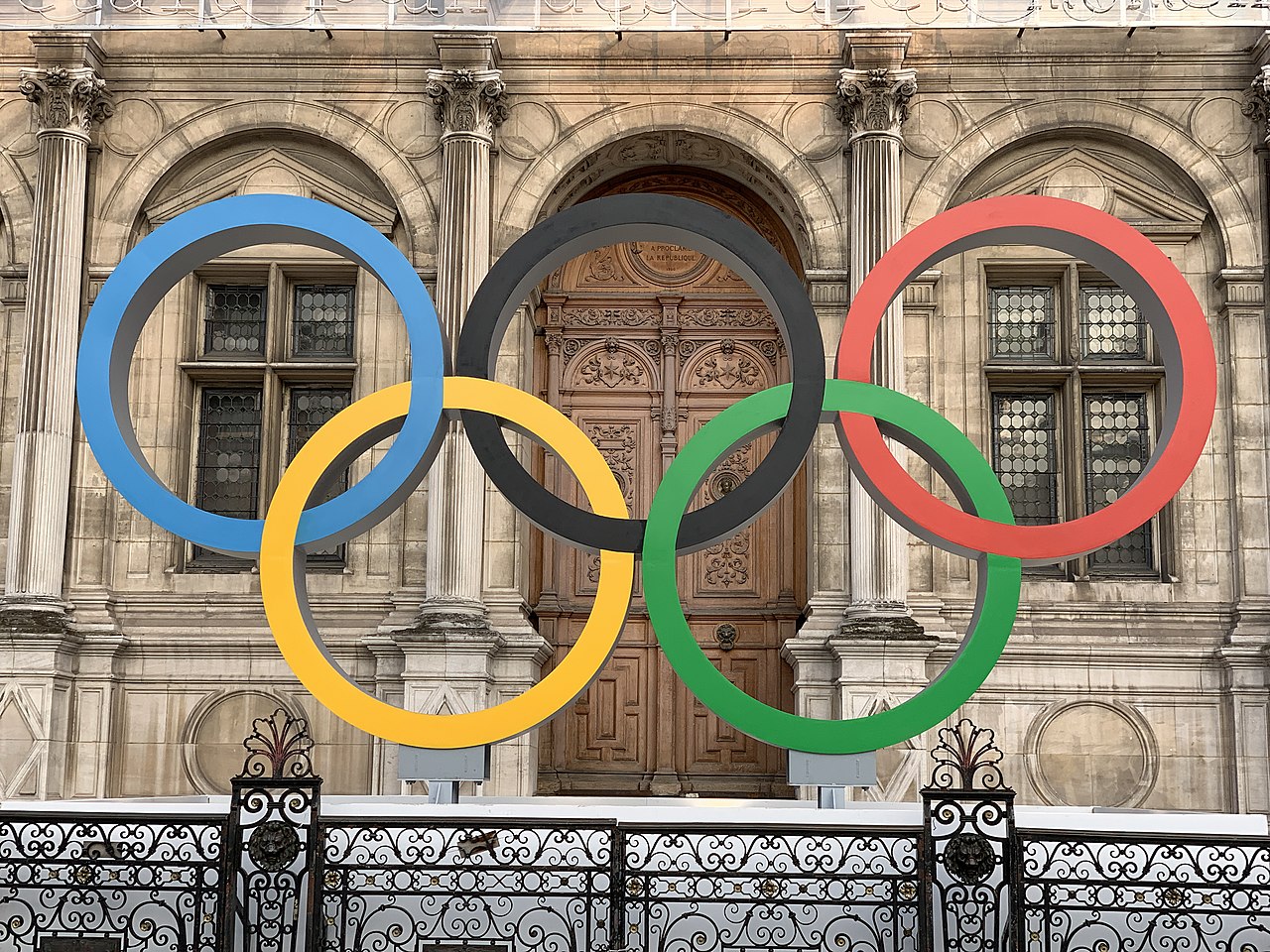Will Ukraine, Russia and Belarus compete at Paris 2024?
It’s a year until the Paris 2024 Olympics, and the Games have been in the news for potentially opening the door to Russian and Belarusian athletes. In response to Russia’s invasion of Ukraine, and the support by Belarus, many sporting bodies and tournaments have either banned the nations outright, or allowed them to compete under neutral flags – just a few weeks ago, Aryna Sabalenka saw neutral status etched onto the Australian Open women’s trophy. But a recent statement by the International Olympic Committee (IOC) said it would “explore a pathway” for the participation of people from these nations, stating “no athlete should be prevented from competing just because of their passport”.
To say the news has been poorly received is an understatement. A joint statement issued by Athletes for Ukraine and the athlete association Global Athlete said the decision shows the IOC “endorses Russia’s brutal war and invasion of Ukraine”. It added: “The return of Russian and Belarusian athletes to international competition, especially the 2024 Paris Olympic Games, will see the Russian state use athletes once more to bolster the war effort and distract from the atrocities in Ukraine on one of the biggest multi-sport stages in the world.”
Ukraine’s sports ministry went a step further, stating the country might boycott the Games if Russian and Belarusian athletes were allowed to compete. This echoed president Volodymyr Zelensky’s view that Russian athletes should have “no place” at Paris 2024. Sports minister Vadym Guttsait said on his official Facebook page that Ukraine’s sporting bodies need to “strengthen communication” with international federations to keep bans in place and work on further steps to continue sanctions on the two nations. He added: “If we are not heard, I do not rule out the possibility that we will boycott and refuse participation in the Olympics.”
It’s impossible to draw a line between the individual and the nation at the Olympics
Nations then lined up to back Ukraine. Latvia’s National Olympic Committee said that the presence of these athletes would be an “encouragement for further escalation of warfare, and normalisation of war crimes and brutal violence”, while the foreign minister said Russia and Belarus’ involvement would be “unacceptable”. According to Poland’s sport and tourism minister Kamil Bortniczuk, a coalition of up to 40 countries could oppose the plans and boycott the Games if such moves went ahead – he suggested that the countries involved would be broad and major enough to make holding the Games “pointless”.
In response to this news, the IOC said that no decisions on the return of Russian and Belarusian athletes had taken place, and it warned Ukraine and other nations about threatening a boycott. In a document published on its website, it said: “Threatening a boycott of the Olympic Games, which the NOC of Ukraine is currently considering, goes against the fundamentals of the Olympic movement and the principles it stands for. A boycott is a violation of the Olympic charter, which obliges all NOCs to ‘participate in the Games of the Olympiad by sending athletes’. As history has shown, previous boycotts did not achieve their political ends and served only to punish the athletes of the boycotting NOCs.” As a result, it has urged Ukraine to drop its boycott threats.
The IOC president Thomas Bach said that he didn’t want to punish individual athletes for the actions of their governments. Across such a cross-section of athletes, you’re bound to have a variety of political views – not every Russian athlete will back the war, but that won’t matter. It’s impossible to draw a line between the individual and the nation at the Olympics. If Russia were to have a strong showing at Paris 2024, it would definitely be used by the government for propaganda purposes. Given the fundamental logistical opposition across the board (even before touching the moral issues), it’s hard to see how Russian and Belarusian athletes could attend Paris 2024, despite the IOC’s comments. Either way, it’s a bit of a tone-deaf hill for the IOC to pitch its tent, whatever the end result.

Comments